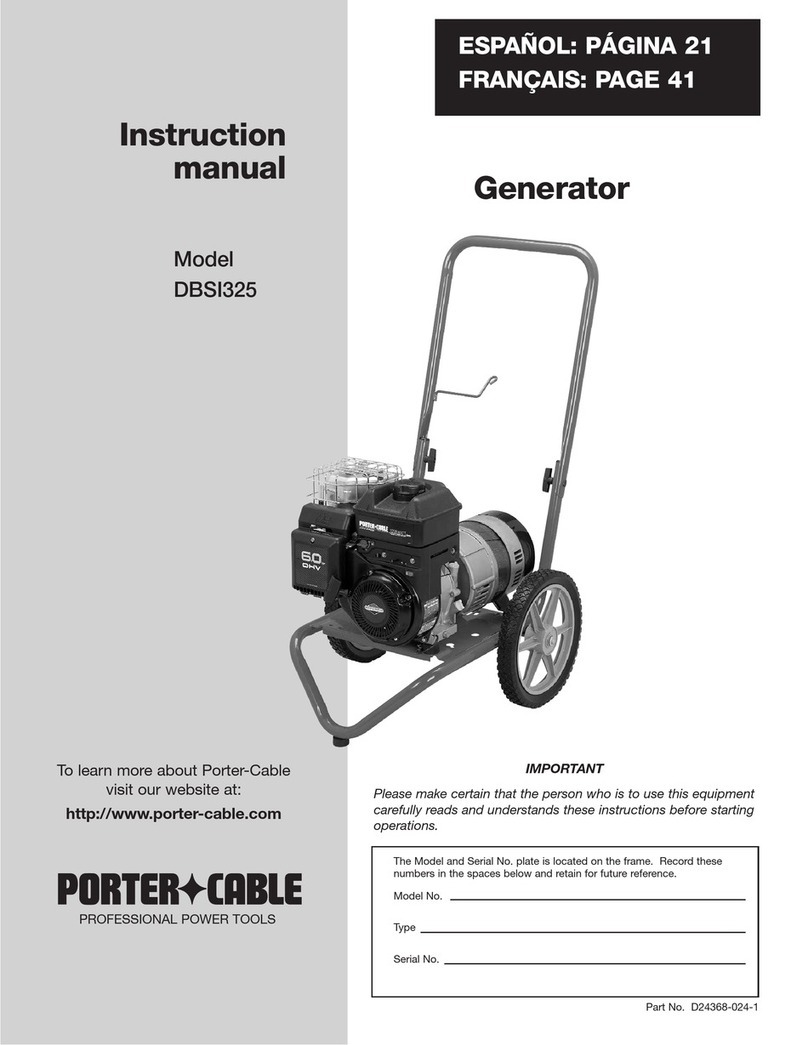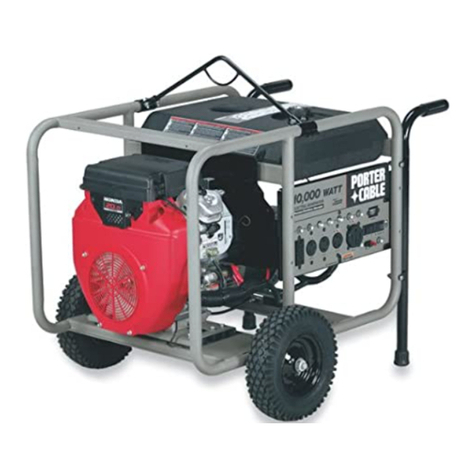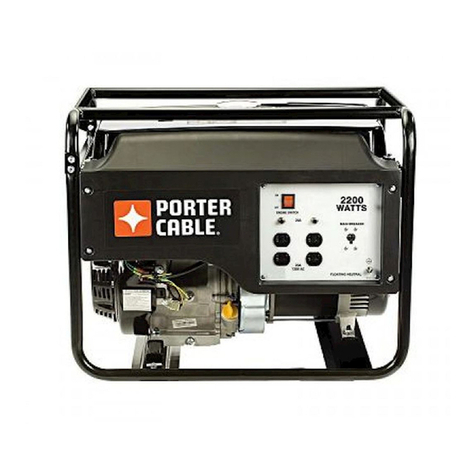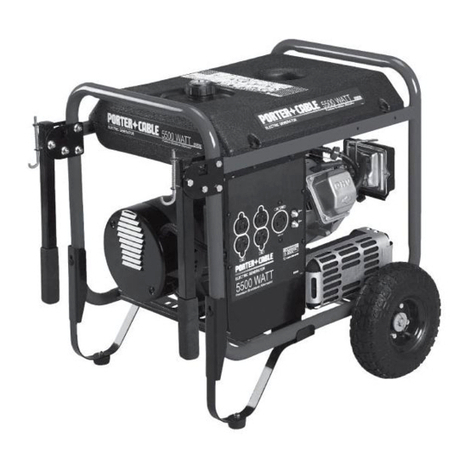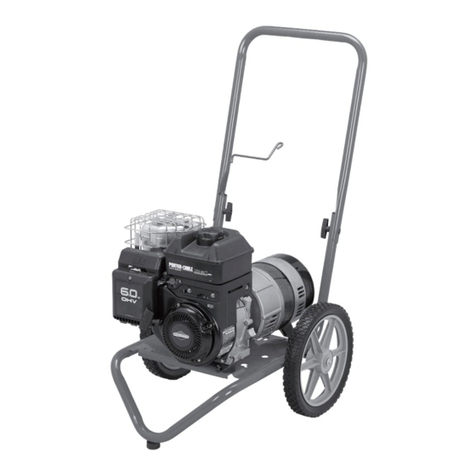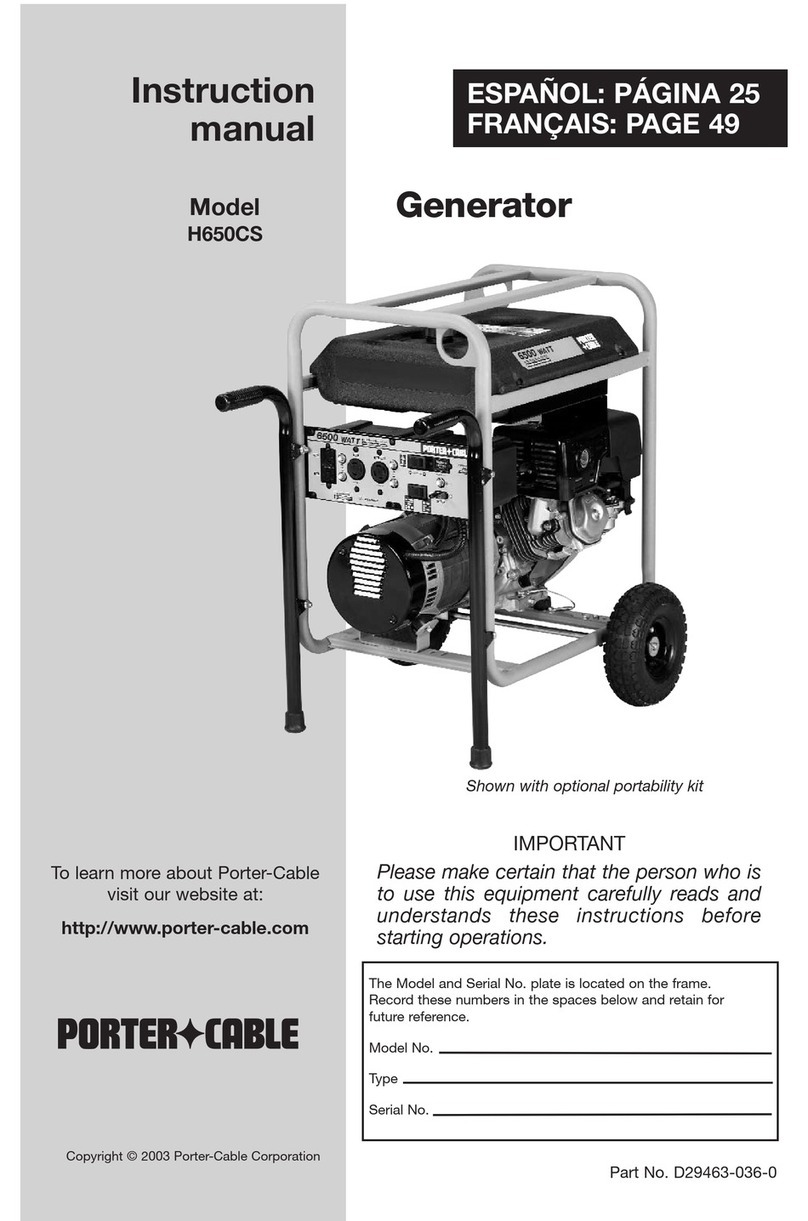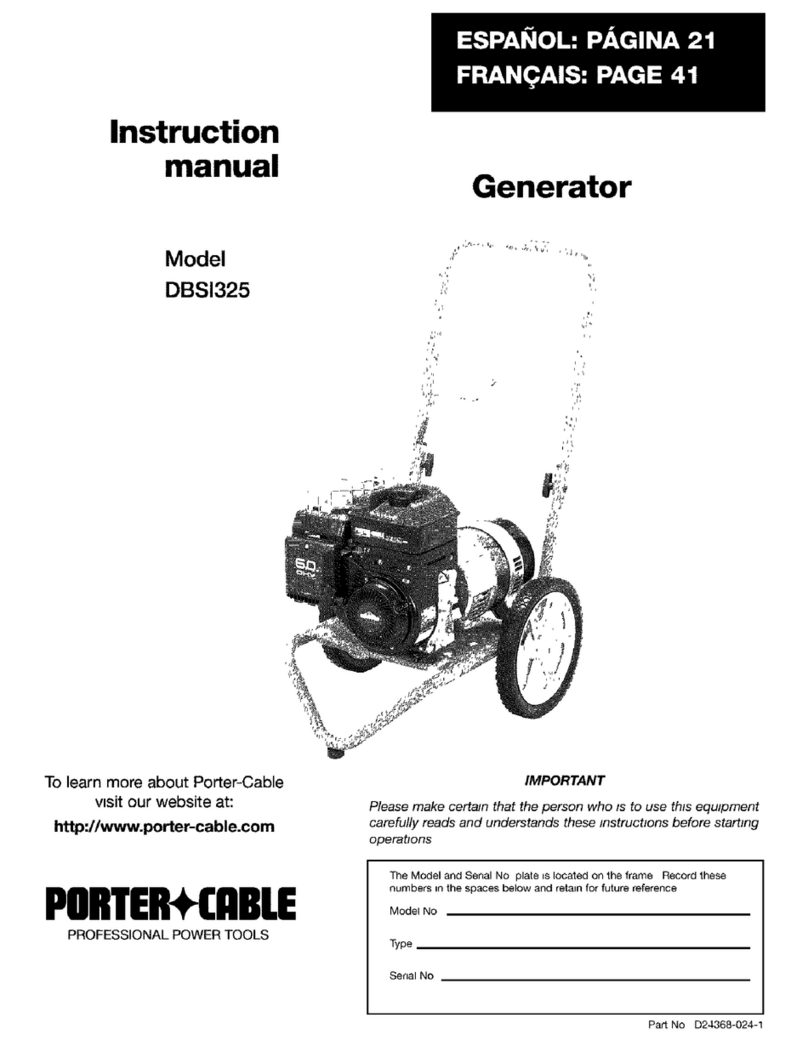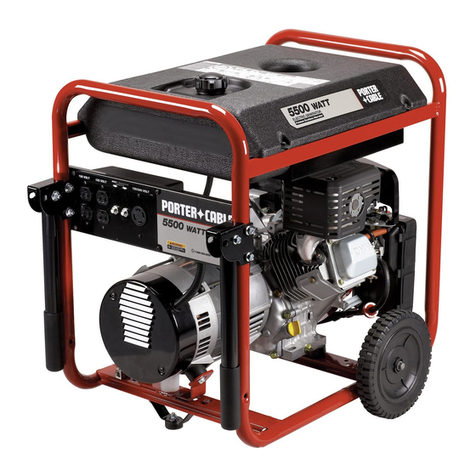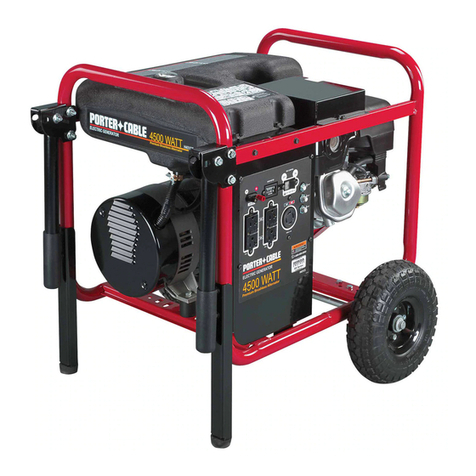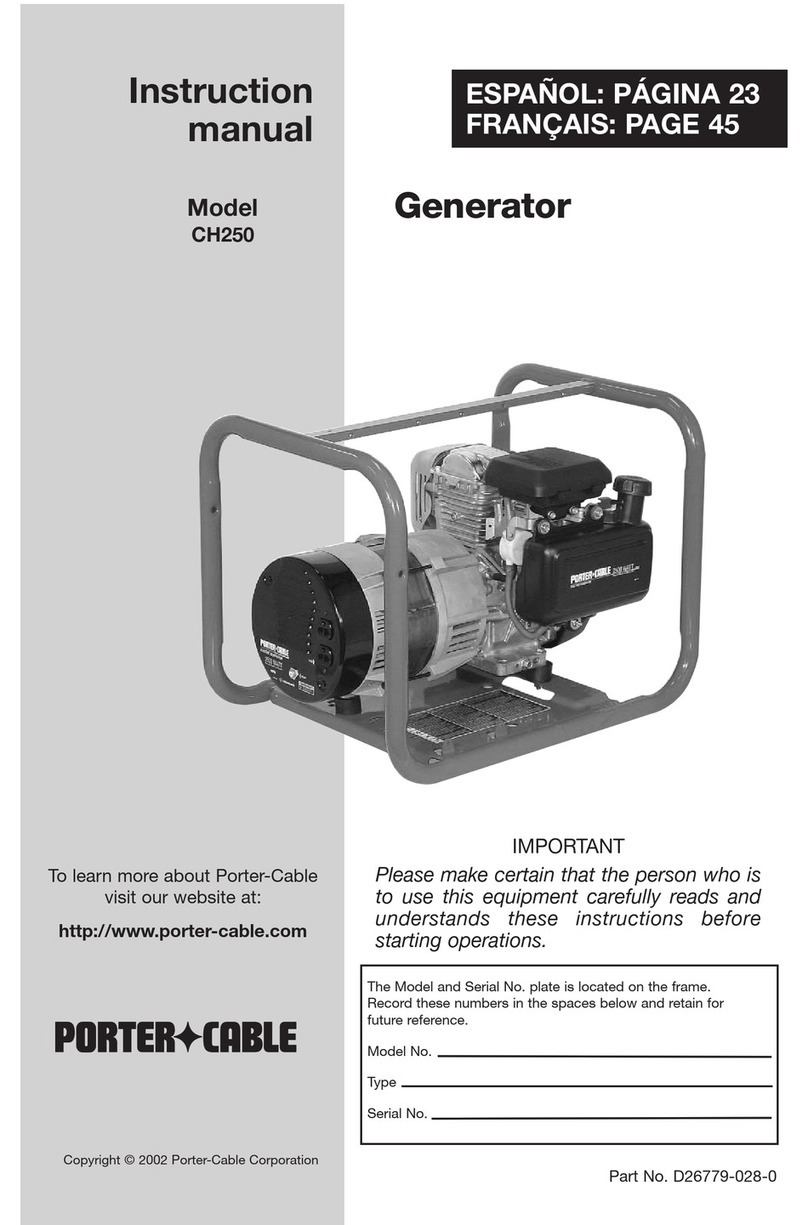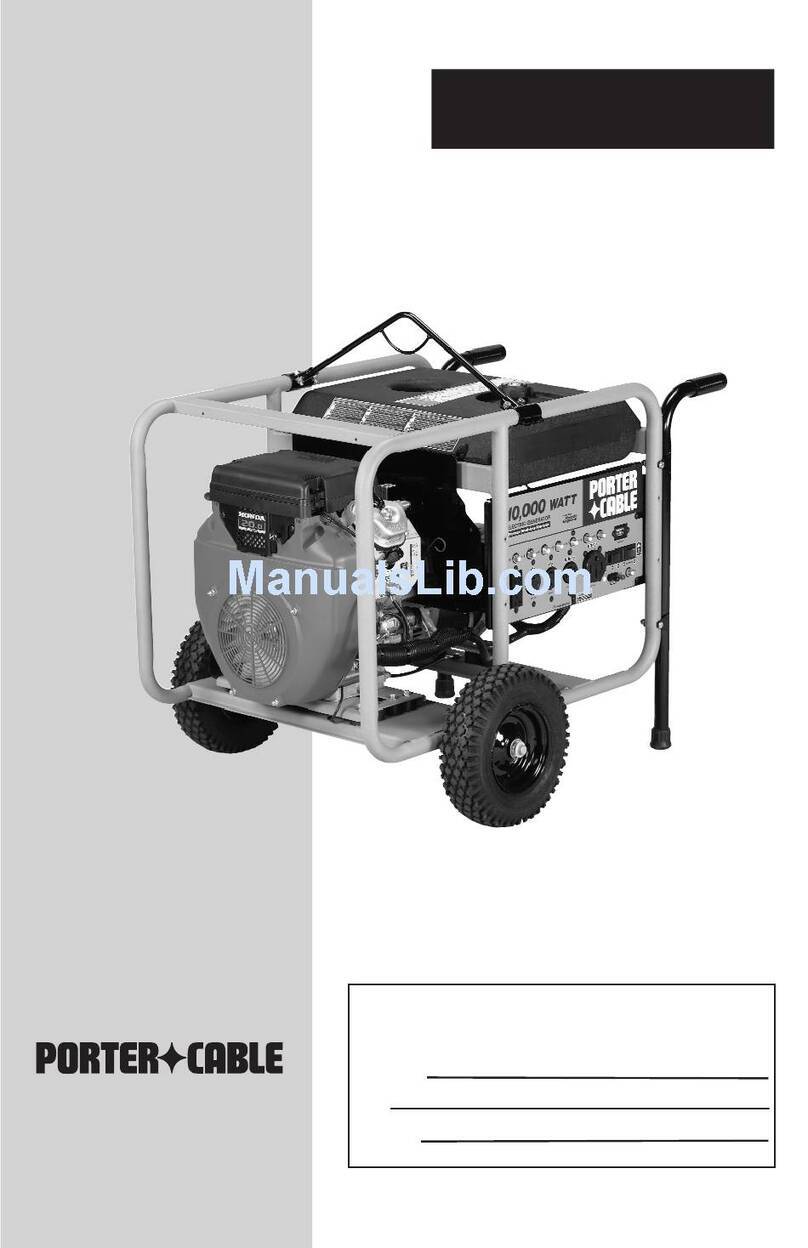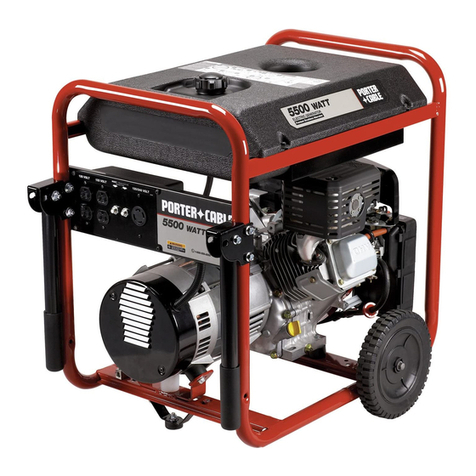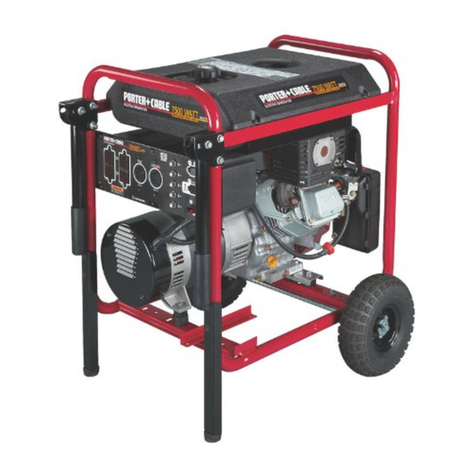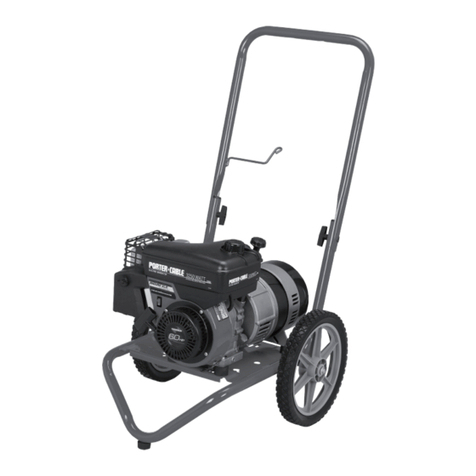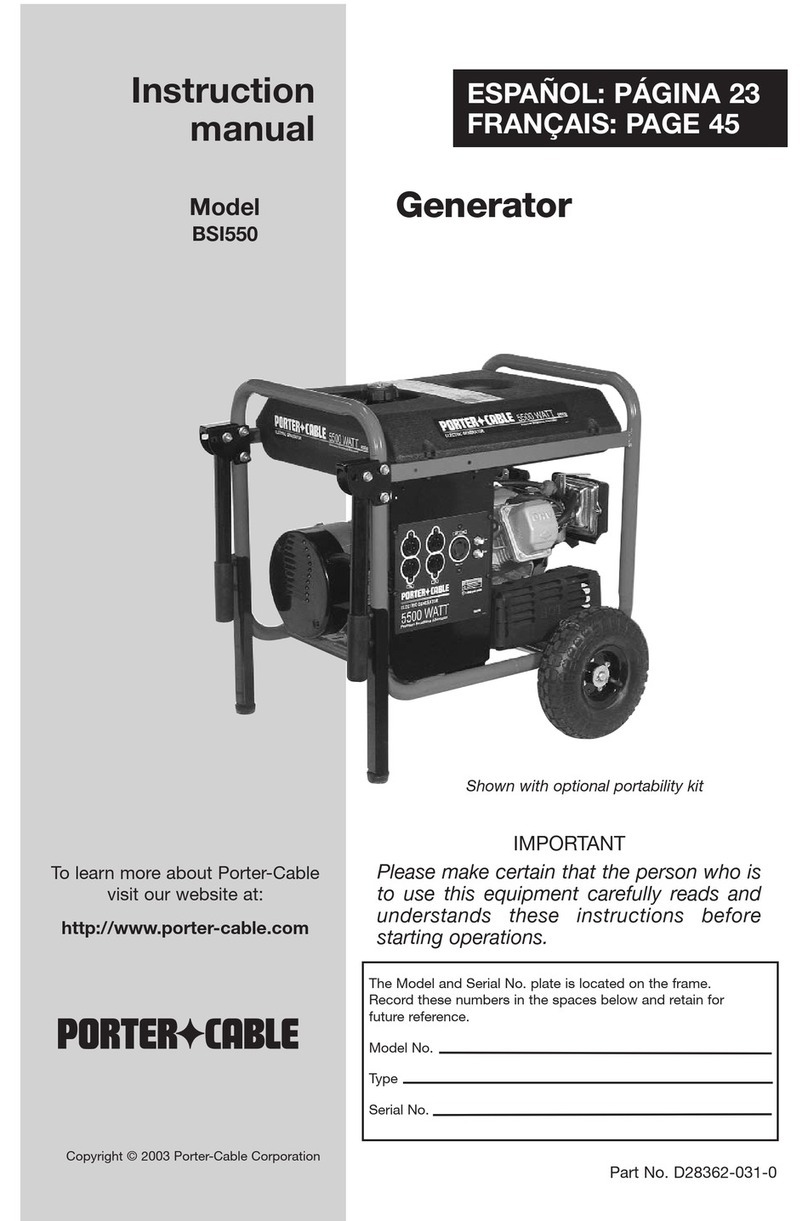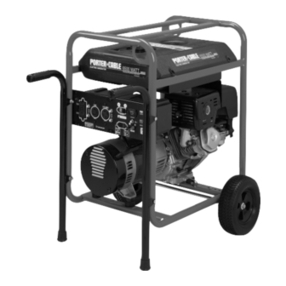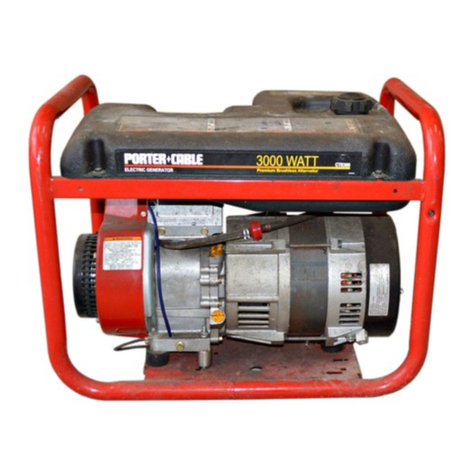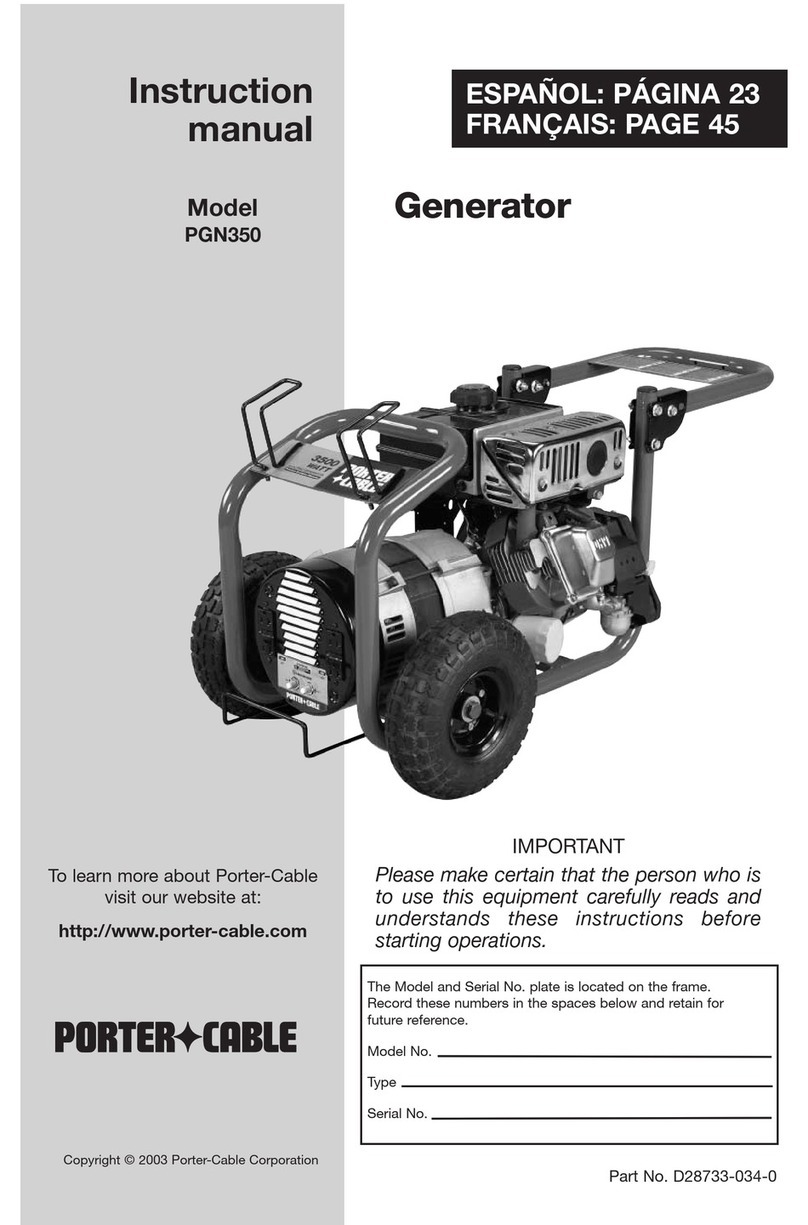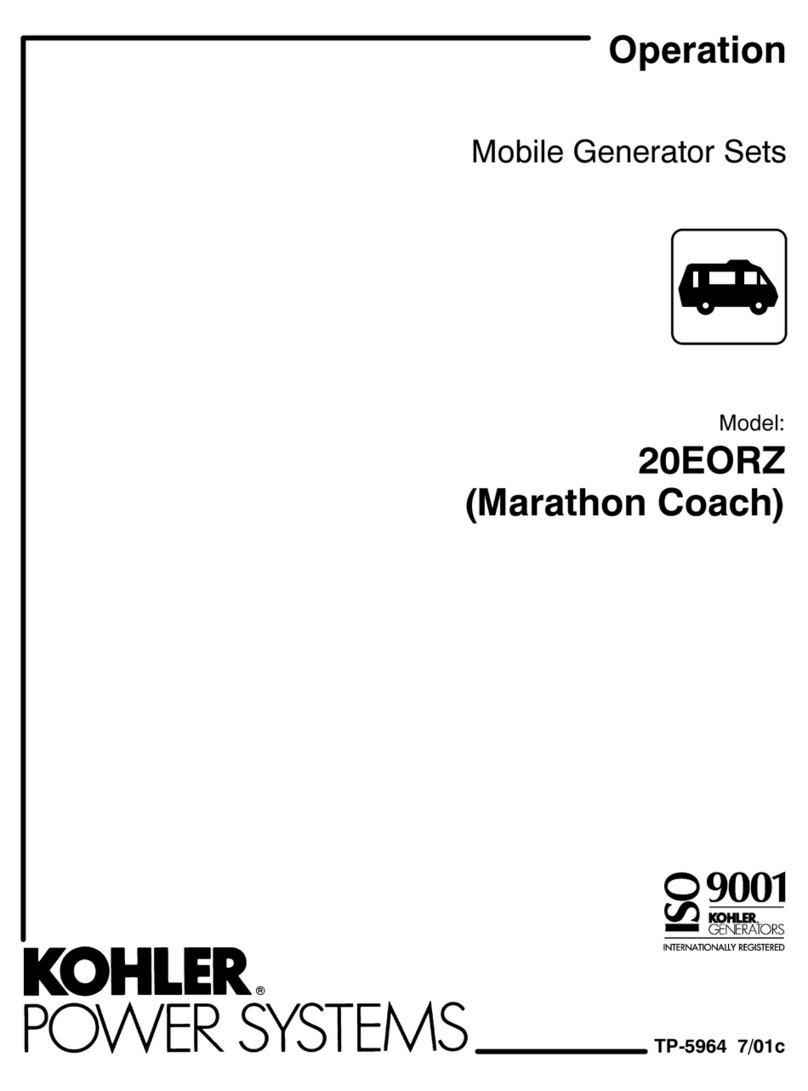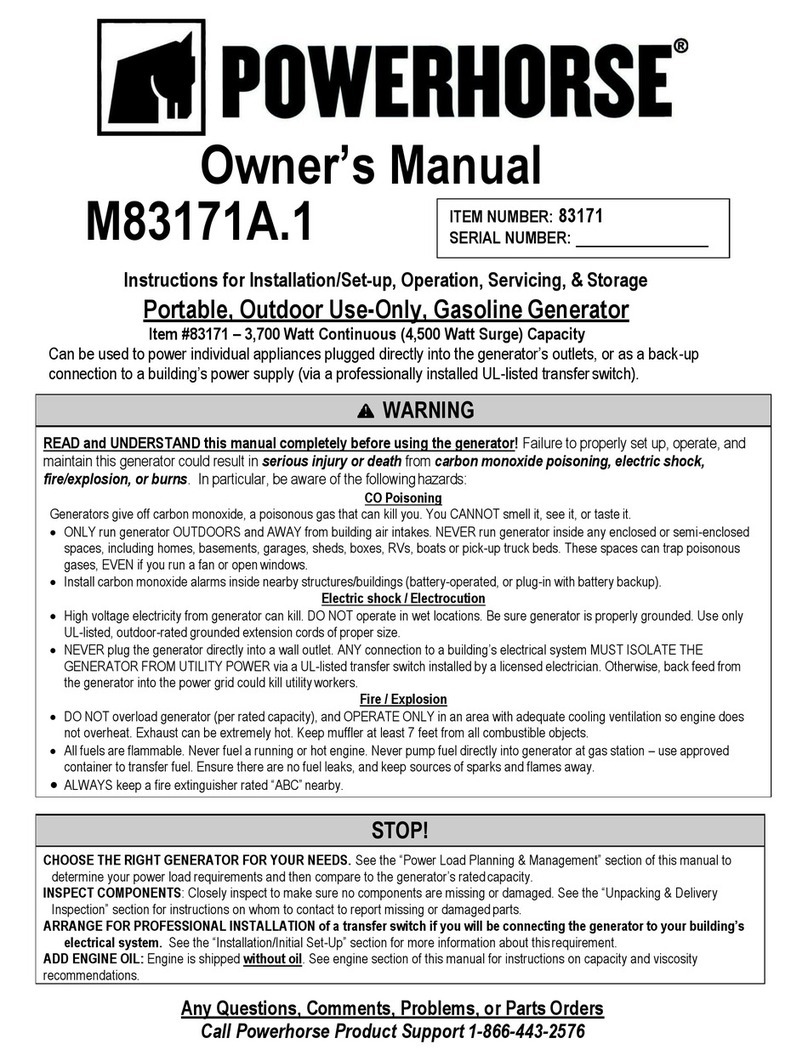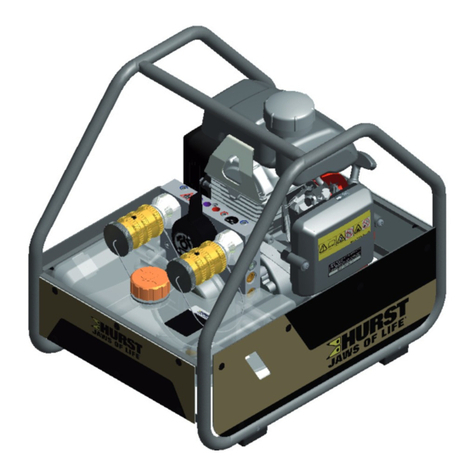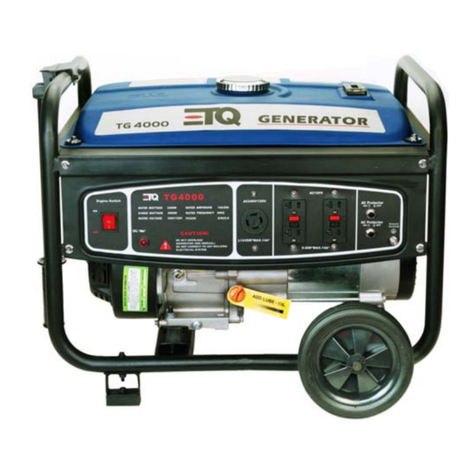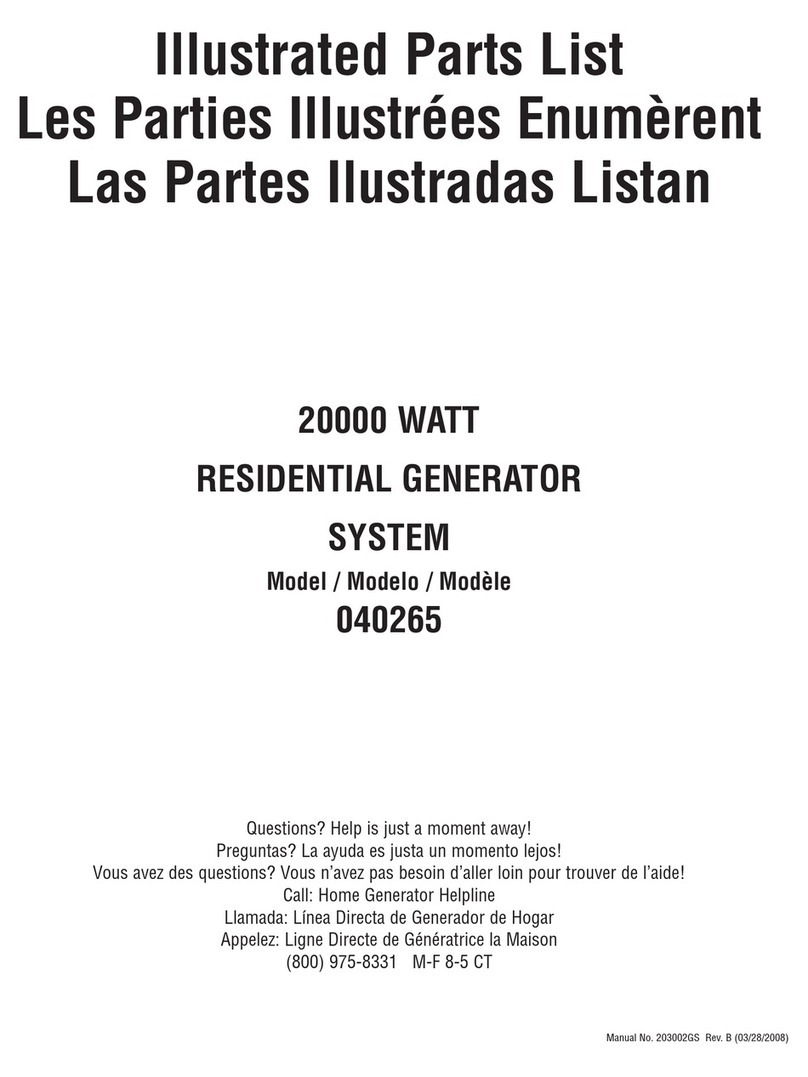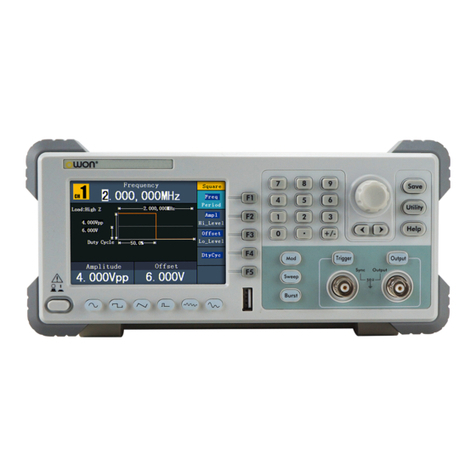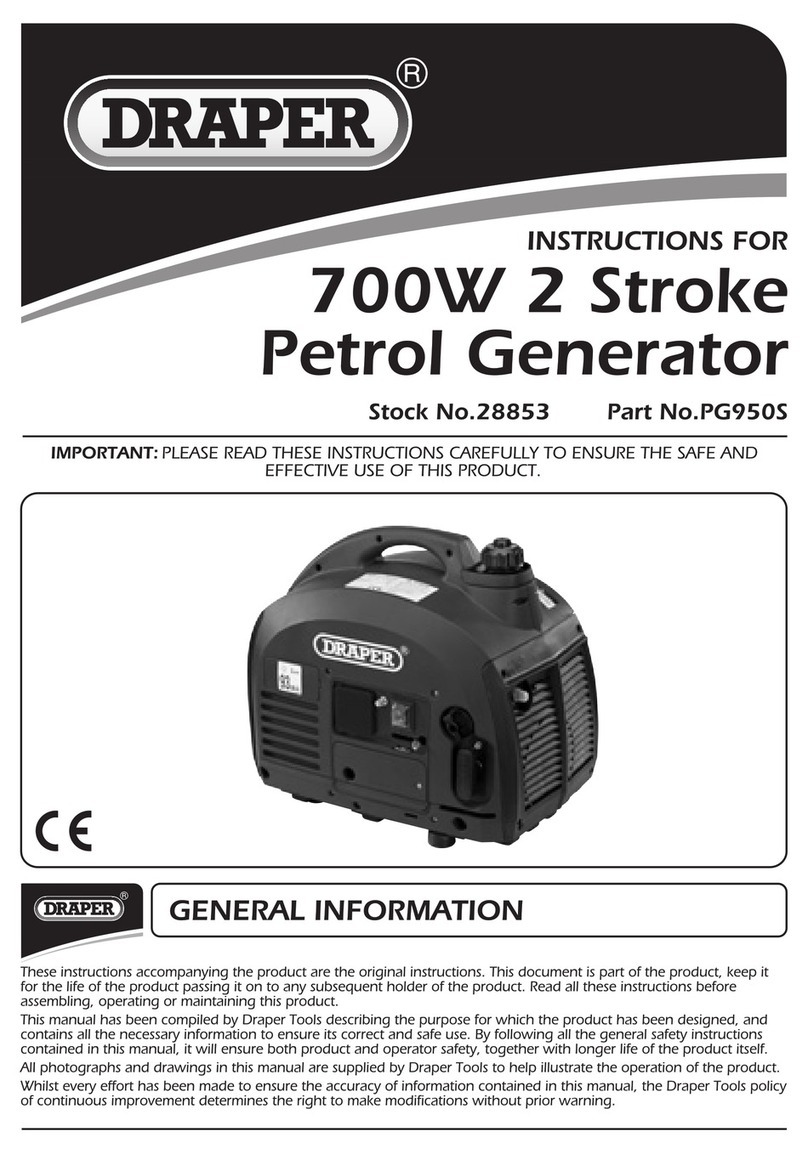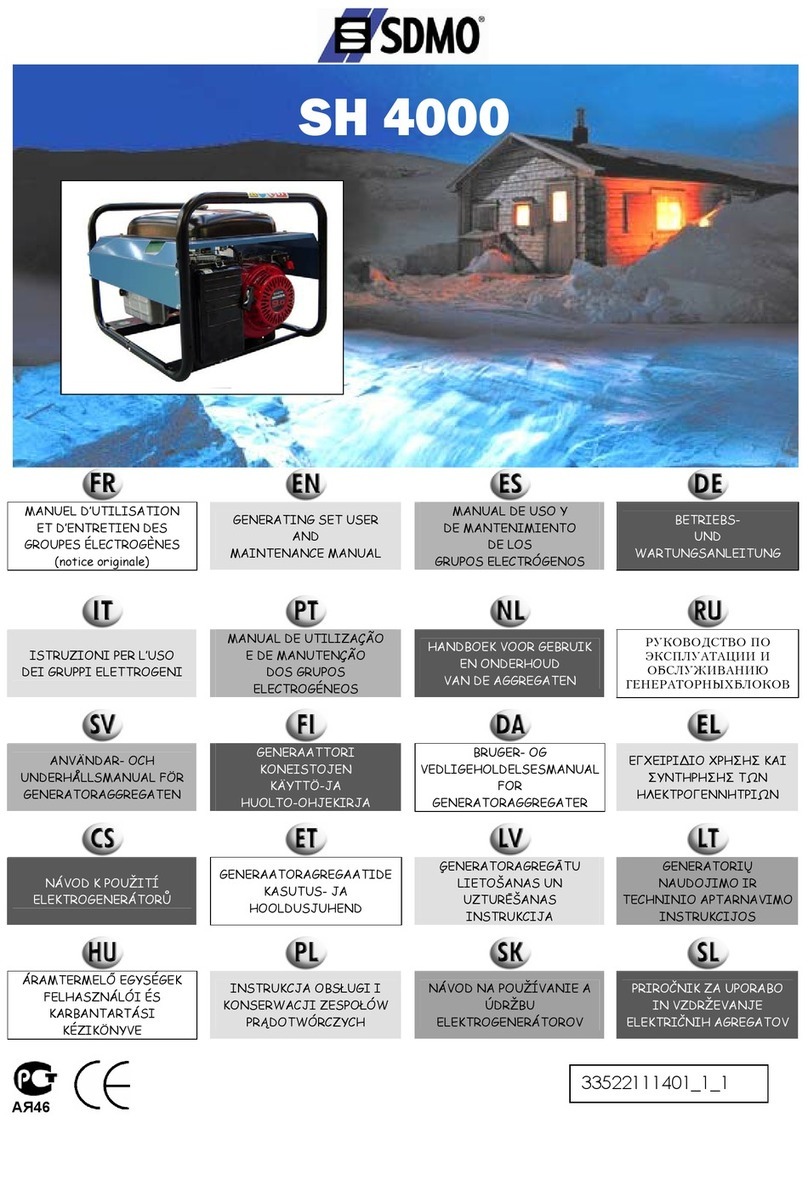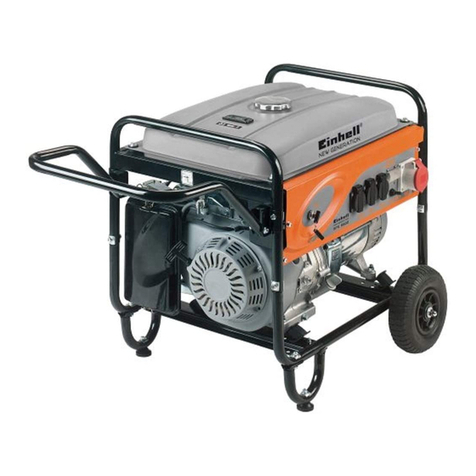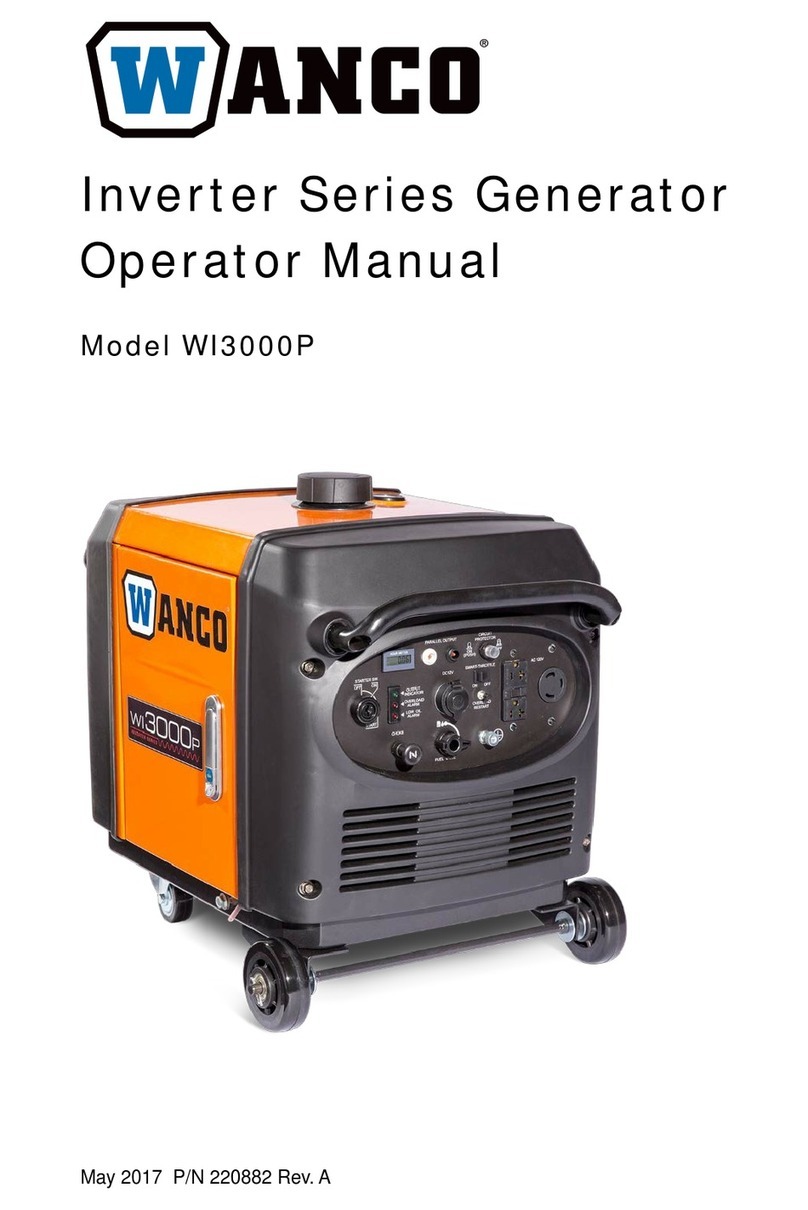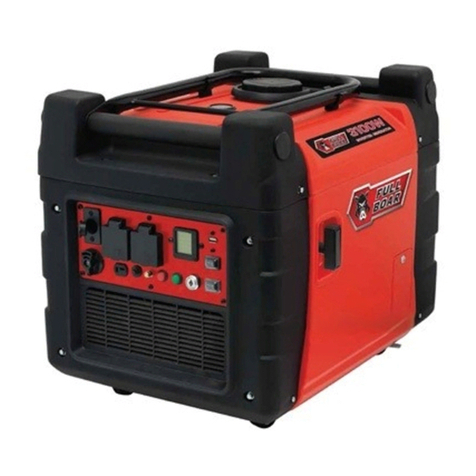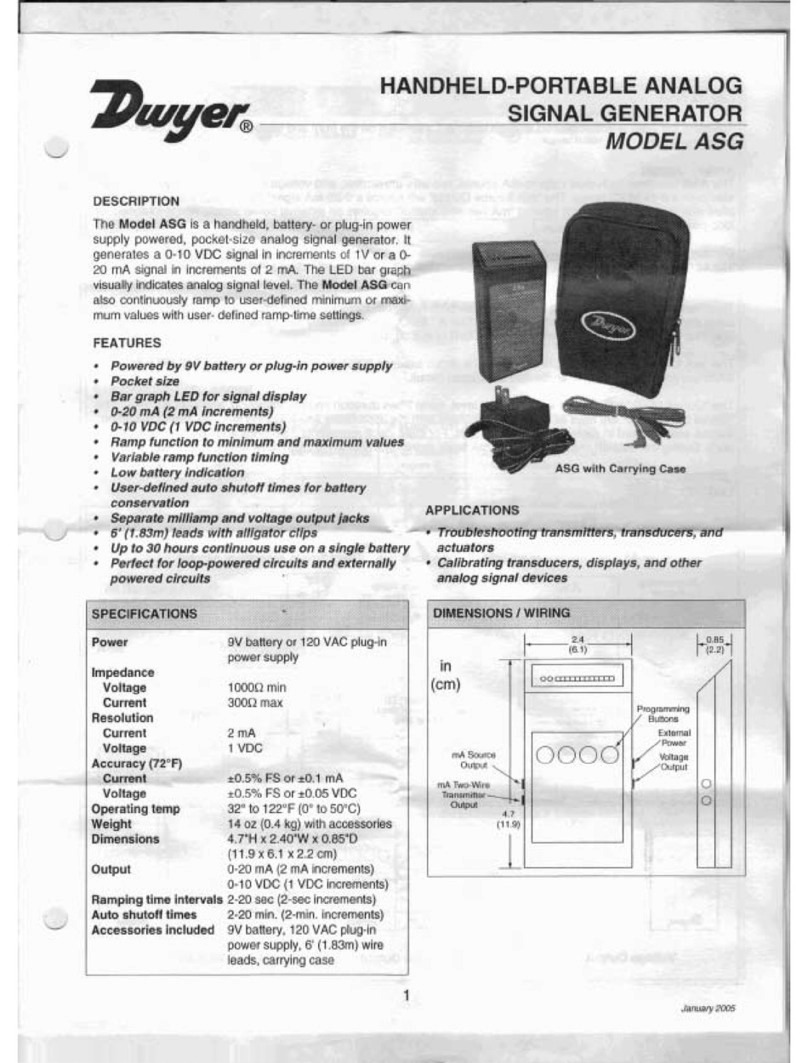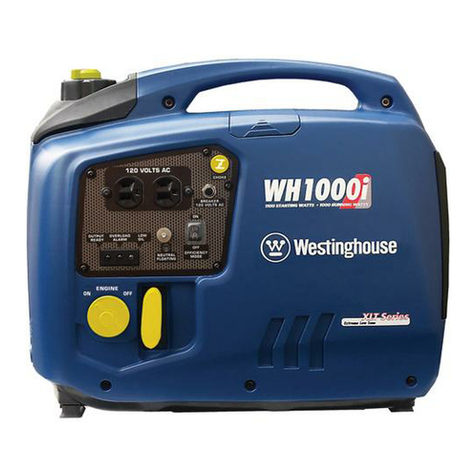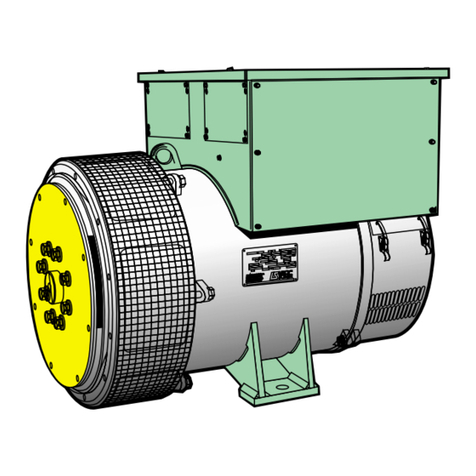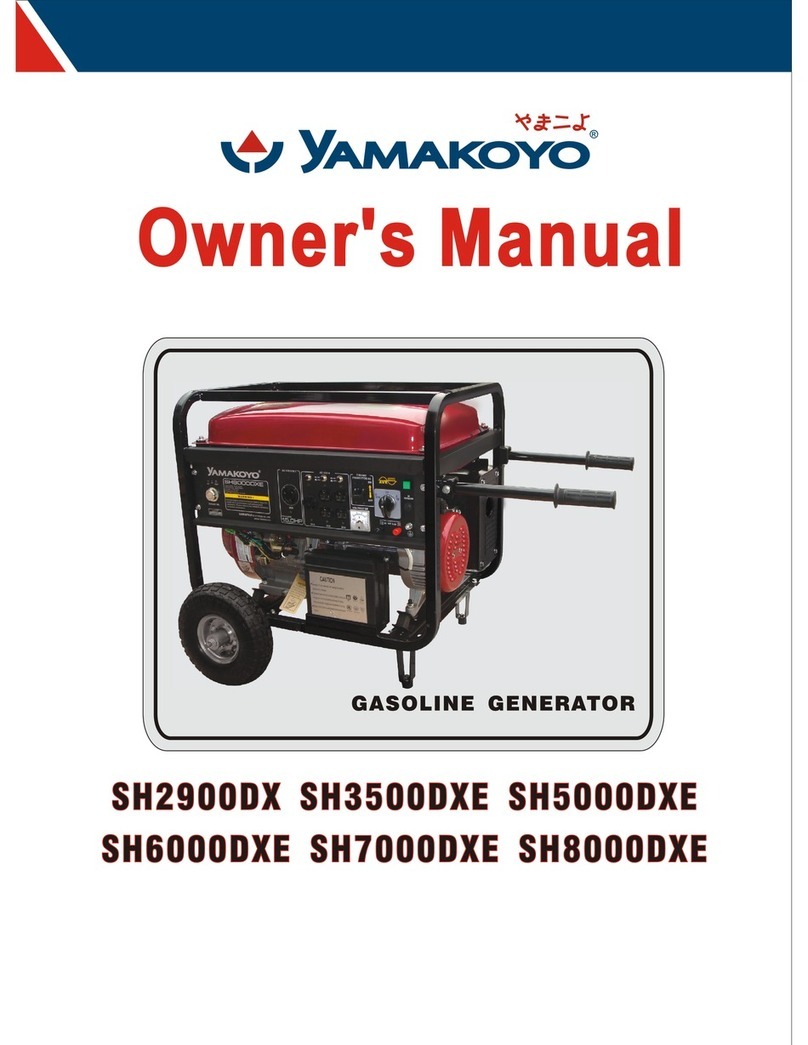
4- ENG
it has been damaged, or when it
is not functioning normally could
result in fire or electrocution.
mechanical or electrical prob-
electrically charged components
and result in electrocution.
protective guarding removed.
Unattended operation of this
product could result in per-
sonal injury or property dam-
age. To reduce the risk of
fire, do not allow the engine
to operate unattended.
the engine when it is operating.
DANGER:
RISK OF EXPLOSION OR FIRE
WHAT CAN HAPPEN HOW TO PREVENT IT
can become ignited from sparks
from smoking products, elec-
trical arcing, exhaust, flame,
gases and hot engine compo-
nents such as the muffler.
to cool before removing cap
and adding fuel to the tank.
avoid spilling fuel. Make sure
the cap is secure and move
unit away from fueling area
before starting engine.
which could result in spillage
and possible fire or explosion.
the shoulders on the debris
screen to allow for expansion.
• Combustiblematerialswhich
come into contact with hot gen-
erator parts can become ignited.
-
tilated area. Make sure there are
no sources of ignition, such as
smoking products near refueling
location.
well ventilated area a minimum
of 48" (1.2 m) from any building,
object or wall. Do not operate unit
indoors or in any confined area.
area away from dry brush, weeds
or other combustible materials.
lead to accidental ignition. Fuel
improperly secured could get
into the hands of children or
other unqualified persons.
container, in a secure loca-
tion away from work area.
to provide safe operation. Tampering
with the engine speed adjust-
ment could result in overheating of
attachments and could cause a fire.
the engine to obtain more
performance. Both the out-
put voltage and frequency
will be thrown out of standard
by this practice, endangering
attachments and the user.
